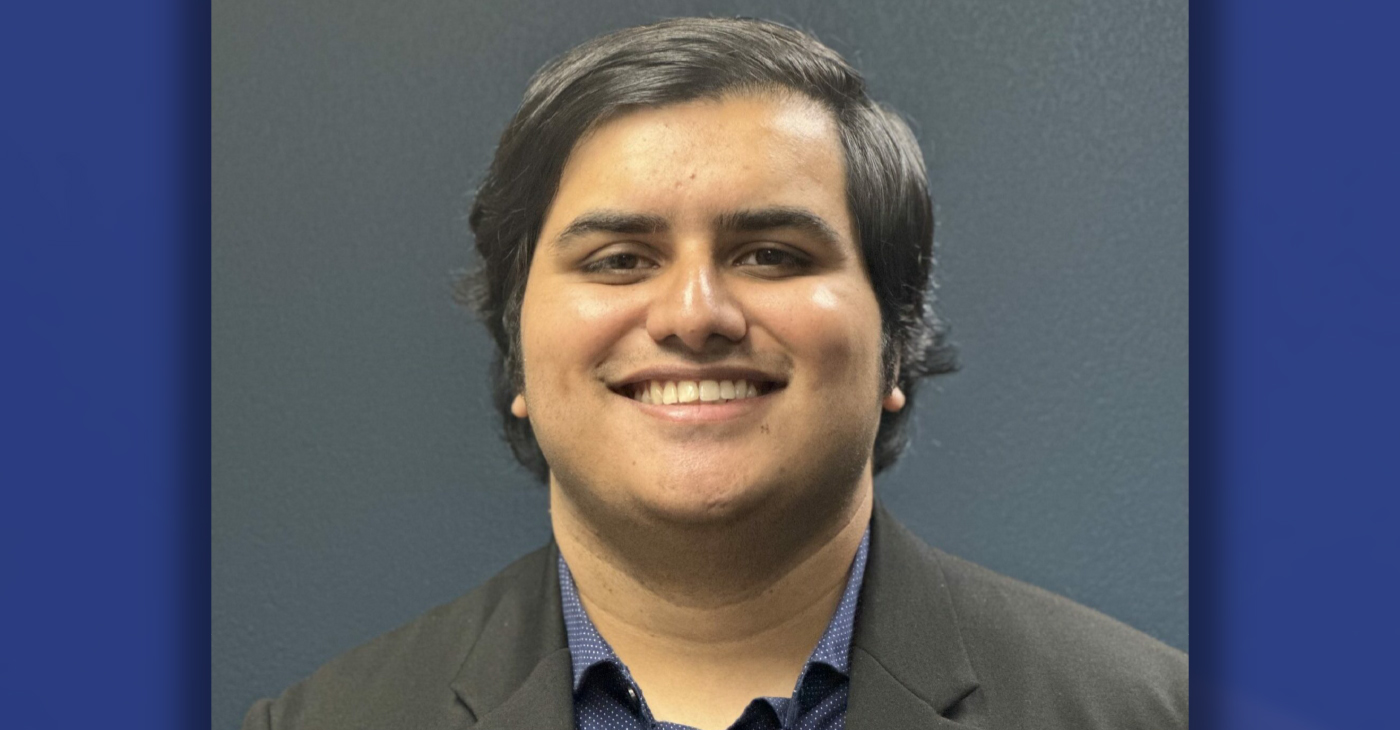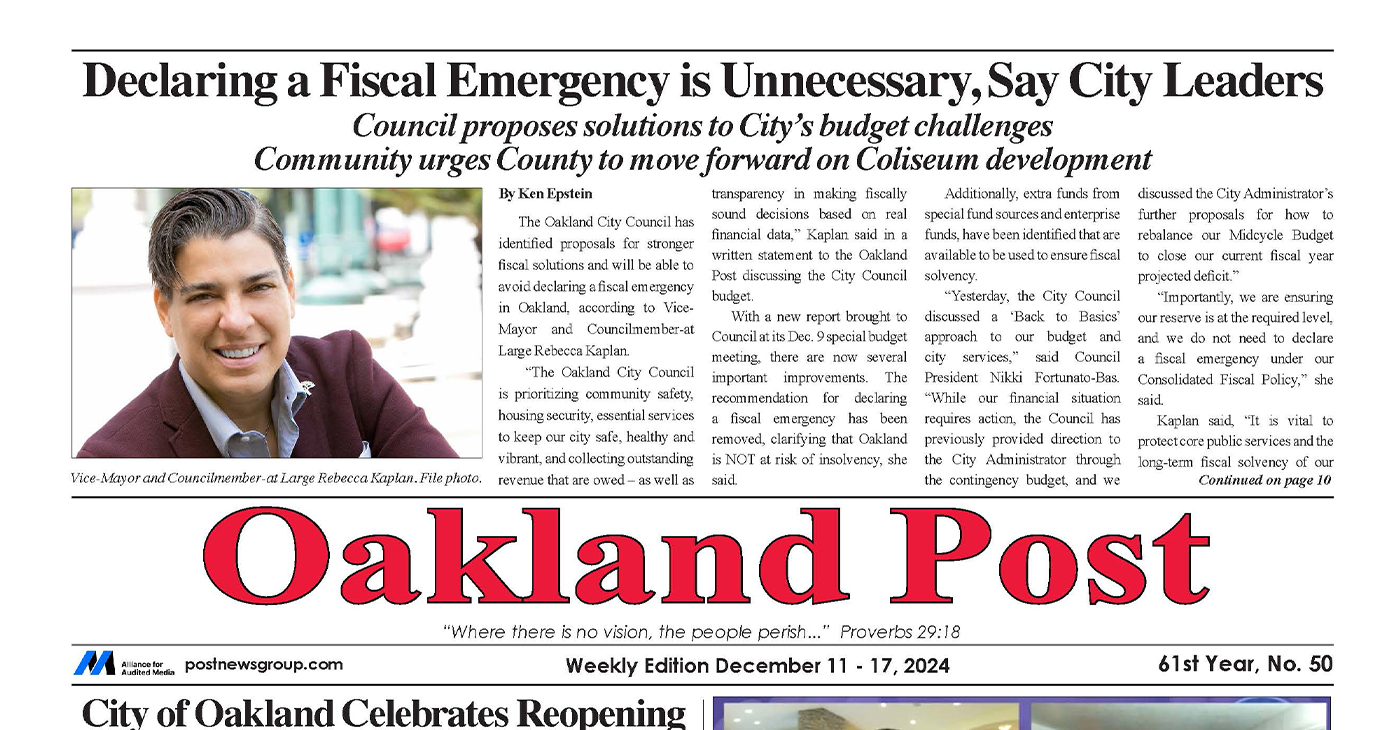Economics
OP-ED: Better Pay Comes Only When We Demand It
Los Angeles just voted to raise its minimum wage to $15 an hour by 2020. The nation’s second-biggest city joins Seattle, San Francisco and little Emeryville, Calif., in forging the way to a decent minimum.
<p>
Similar measures are now being considered in New York City, Kansas City, Mo., and Washington, D.C., the nation’s capital. Facebook is now paying its workers a $15 minimum and joins Apple and Microsoft in demanding that its contractors pay a $15 minimum and offer paid leave days.
These victories are a product of the demonstrations and protests of fast food and other low-wage workers. They risked their jobs to demand decency.
They put a human face on workers who labor full time but can’t lift their families out of poverty. They exposed the lie that these were transitory jobs for the young while they went to college or high school.
Their demonstrations — organized under the hashtag slogan #FightFor15 — drew national press attention. Their struggles touched the hearts of citizens of conscience. They built the coalition that forced the politicians to respond.
Dr. Martin Luther King taught us that “freedom is never voluntarily given by the oppressor; it must be demanded by the oppressed.” There are three ways to respond to repression, he told us. The first is acquiescence, adjusting quietly to injustice and becoming conditioned to it. “Been down so long it feels like up to me.”
Acquiescence, he warned, turns people into part of the problem.
The second way to respond is with physical violence and corrosive hatred. But violence never solves problems; it simply creates more difficult and complicated problems. An eye for an eye, he warned, would leave us all blinded.
The third way is nonviolent resistance. Nonviolence rejects acquiescence and violence. It confronts the oppressor, gives voice to the oppressed, and exposes the injustice. It starts always against the odds, so it requires faith. “Faith,” Dr. King wrote, “is taking the first step even when you don’t see the whole staircase.”
The #FightFor15 workers had faith. They chose to resist, not accept their poverty wages. They demonstrated for decency. And they have created a movement that surely will spread across the country.
California is one of eight states that ban the subminimum wage that is inflicted on so-called “tipped workers,” the wait staff and service workers that serve our food, clear our plates or carry our bags.
California also voted to start publishing the names of companies that have more than 100 workers on Medicaid and the costs that they force on the states. Informed customers may well prefer to do business with high-road employers rather than those profiting from a low road.
Most of our news coverage follows the frozen partisan politics of Washington. There, Republican leaders in Congress won’t even allow a vote on a modest Democratic proposal for a $12-an-hour minimum wage.
The only time Congress seems to act is when the corporate community wants a tax break or a trade deal passed, or when the Pentagon demands more money to waste.
But across the country, people are beginning to stir. Blacks and whites are joining together to demonstrate that #BlackLivesMatter.
Latinos are demanding immigration reforms that will bring millions out of the shadow economy. Gays and lesbians are demanding equal rights. Women are demanding equal pay, and men and women are insisting that the decision to have a child has to be one that they and not politicians make.
Change will come, but only when people demand it and force their politicians to salute.
Activism
Oakland Post: Week of December 18 – 24, 2024
The printed Weekly Edition of the Oakland Post: Week of December 18 – 24, 2024

To enlarge your view of this issue, use the slider, magnifying glass icon or full page icon in the lower right corner of the browser window. ![]()
Activism
Council of Islamic Relations Applauds Alameda County Decision to Divest $32M from Caterpillar
The divestment from Caterpillar, a company criticized for its human rights abuses globally—including the destruction of Palestinian homes, infrastructure, and agriculture, as well as in the U.S. prison-industrial complex, border militarization, and immigration detention centers—is a significant step in ensuring that Alameda County’s financial resources do not perpetuate harm.

Special to The Post
The San Francisco Bay Area office of the Council on American-Islamic Relations (CAIR-SFBA), the nation’s largest Muslim civil rights and advocacy organization, this week welcomed the Alameda County Board of Supervisors’ decision to divest $32 million in public funds from Caterpillar and unanimously commit to adopting an ethical investment policy.
The Board’s decision follows months of advocacy by Bay Area Divest!, a coalition of community organizations calling for accountability in public investments.
The divestment from Caterpillar, a company criticized for its human rights abuses globally—including the destruction of Palestinian homes, infrastructure, and agriculture, as well as in the U.S. prison-industrial complex, border militarization, and immigration detention centers—is a significant step in ensuring that Alameda County’s financial resources do not perpetuate harm.
In November, CAIR welcomed the reported freeze on the delivery of bulldozers to Israel as an “implicit admission” by the Biden Administration that the far-right Netanyahu government is using that equipment in the ethnic cleansing of Gaza.
CAIR-SFBA Policy Coordinator Musa Tariq said:
“This is a historic moment for Alameda County, demonstrating the power of community advocacy and the County’s leadership in ethical governance. The decision to divest from Caterpillar sends a clear message that public funds should not support corporations complicit in human rights violations.”
In addition to divesting from Caterpillar, the Board voted to move forward with developing a comprehensive Ethical Investment Policy, recommended by District 5 Supervisor Keith Carson.
This policy will include criteria to exclude “investments in industries, corporations, or governments that perpetuate harm to communities and the planet,” such as fossil fuel extraction, weapons production, and entities involved in war crimes, apartheid, and other severe human rights violations.
Alameda County has a proud legacy of socially responsible investment. In 1985, the County divested from South Africa to protest apartheid, and in 1996, it barred investments in companies doing business with Burma due to human rights abuses.
“This forward-thinking policy positions Alameda County as a leader in socially responsible investing,” added Tariq. “By committing to craft the policy within 90 days and implement it within six months, the County has set an ambitious and commendable timeline.”
CAIR-SFBA is an office of CAIR, America’s largest Muslim civil liberties and advocacy organization. Its mission is to enhance the understanding of Islam, protect civil rights, promote justice, and empower American Muslims.
Activism
Oakland Post: Week of December 11 – 17, 2024
The printed Weekly Edition of the Oakland Post: Week of December 11 – 17, 2024

To enlarge your view of this issue, use the slider, magnifying glass icon or full page icon in the lower right corner of the browser window. ![]()
-

 Activism4 weeks ago
Activism4 weeks agoOakland Post: Week of November 20 – 26, 2024
-

 California Black Media4 weeks ago
California Black Media4 weeks agoCalifornia to Offer $43.7 Million in Federal Grants to Combat Hate Crimes
-

 Black History4 weeks ago
Black History4 weeks agoEmeline King: A Trailblazer in the Automotive Industry
-

 California Black Media4 weeks ago
California Black Media4 weeks agoCalifornia Department of Aging Offers Free Resources for Family Caregivers in November
-

 California Black Media4 weeks ago
California Black Media4 weeks agoGov. Newsom Goes to Washington to Advocate for California Priorities
-

 Activism4 weeks ago
Activism4 weeks agoOCCUR Hosts “Faith Forward” Conference in Oakland
-

 Activism3 weeks ago
Activism3 weeks agoOakland Post: Week of November 27 – December 3, 2024
-

 Activism4 weeks ago
Activism4 weeks agoRichmond Seniors Still Having a Ball After 25 Years



















































